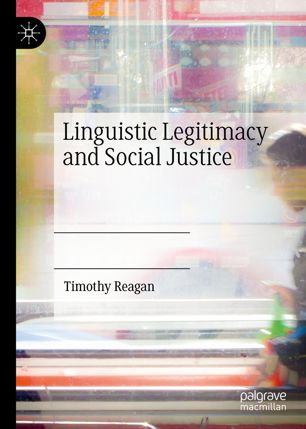

Most ebook files are in PDF format, so you can easily read them using various software such as Foxit Reader or directly on the Google Chrome browser.
Some ebook files are released by publishers in other formats such as .awz, .mobi, .epub, .fb2, etc. You may need to install specific software to read these formats on mobile/PC, such as Calibre.
Please read the tutorial at this link: https://ebookbell.com/faq
We offer FREE conversion to the popular formats you request; however, this may take some time. Therefore, right after payment, please email us, and we will try to provide the service as quickly as possible.
For some exceptional file formats or broken links (if any), please refrain from opening any disputes. Instead, email us first, and we will try to assist within a maximum of 6 hours.
EbookBell Team

4.1
80 reviewsThis book examines the nature of human language and the ideology of linguistic legitimacy – the common set of beliefs about language differences that leads to the rejection of some language varieties and the valorization of others. It investigates a broad range of case studies of languages and dialects which have for various reasons been considered 'low-status' including: African American English, Spanglish, American Sign Language, Yiddish, Esperanto and other constructed languages, indigenous languages in post-colonial neo-European societies, and Afrikaans and related language issues in South Africa. Further, it discusses the implications of the ideology of linguistic legitimacy for the teaching and learning of foreign languages in the US. Written in a clear and accessible style, this book provides a readable and pedagogically useful tool to help readers comprehend the nature of human language, and the ways in which attitudes about human language can have either positive or negative consequences for communities and their languages. It will be of particular interest to language teachers and teacher educators, as well as students and scholars of applied linguistics, intercultural communication, minority languages and language extinction.